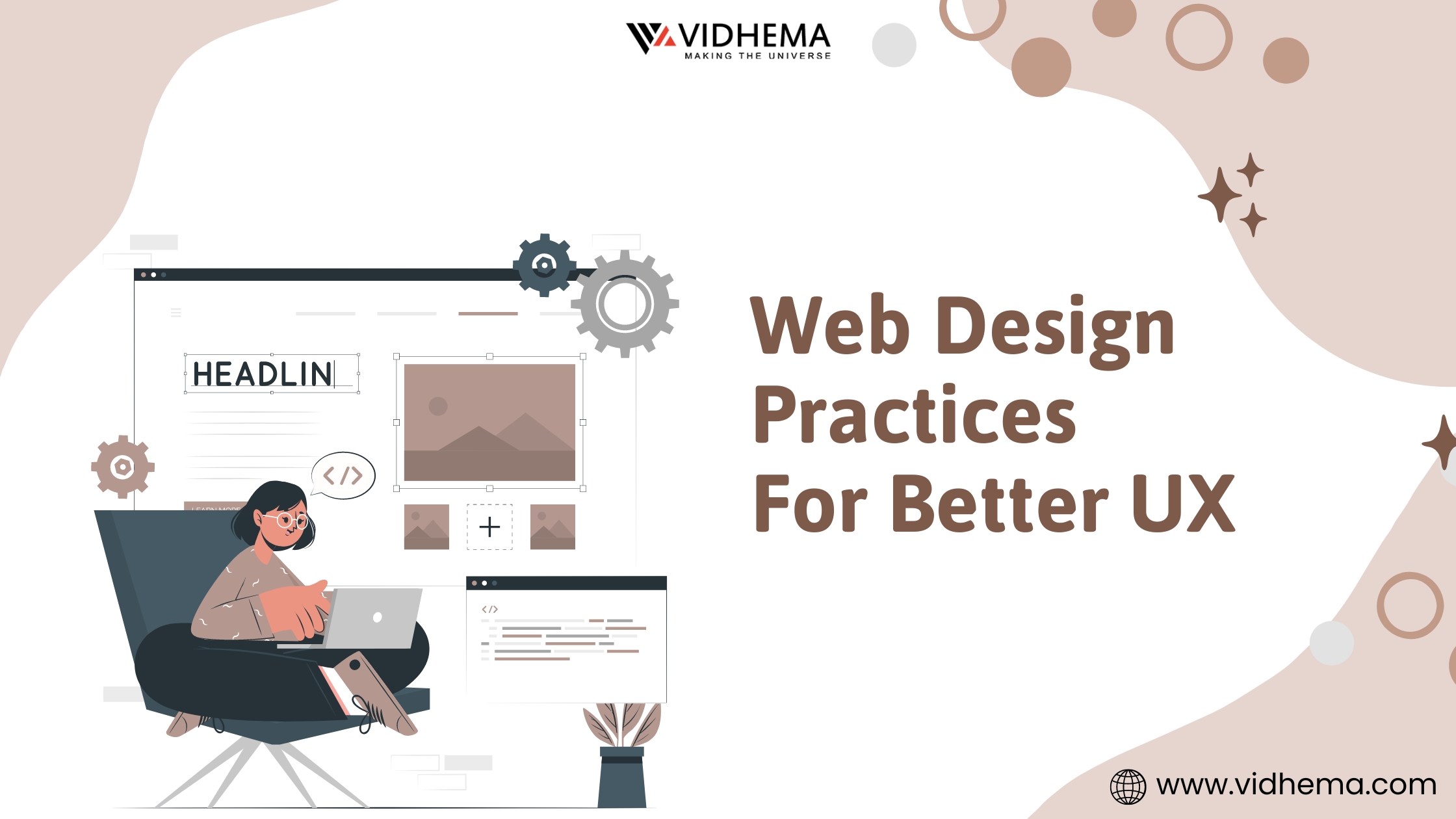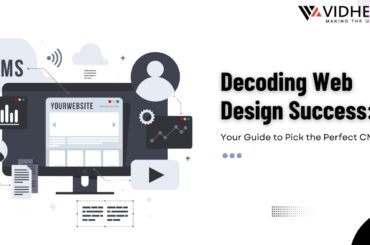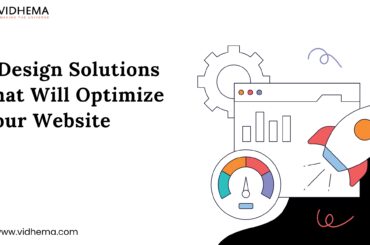Almost anybody can have a website up and running these days. But that doesn’t mean to say that just because your website is live it’s optimized.
Design matters because it only takes 0.05 seconds for people to form an opinion about your website. Most of this opinion is influenced by the design. This means your design has a big impact on conversion and credibility. In short, design makes or breaks the success of your website.
Minimize Text
A large block of text is intimidating to readers. Bloggers usually write long posts so there will be lots of content on a page. But that’s not what we’re talking about here. We’re talking about the number of words on your homepage. There should be a minimum number of text on your homepage.
Yes, you have a lot to say. You want to tell guests what your product does or how it benefits them. You just have to learn how to tell them in a brief and concise manner. The fewer sentences are the better.
Show Them
Visuals don’t only help break-up text into readable pieces they also provide a deeper explanation of the text. Instead of telling visitors, show them. Images can help them understand more quickly.
Use Short Sentences
Short sentences are easy to read. They are also easier to understand.
Bombarding guests with text everywhere can make the information seem intimidating. It also makes it harder to digest content. If you can’t help it, mix long sentences with shorter ones. Variety is good.
Use Short Paragraphs
If long sentences are harder to read and understand, the same is true for long paragraphs.
As a rule of thumb, a paragraph should only have 3-4 paragraphs. It’s okay to have longer paragraphs for other pages but always have short paragraphs for the homepage. With each paragraph write new information so that somebody who’s scrolling can get the gist immediately.
Make CTA Obvious
CTAs should not be buried at the end of the post or website. They should be big, bold and powerful. According to TruConversion.com, only 54% of websites have a CTA button that can be found in 3 seconds. This is bad because you can’t drive conversions without an easy-to-spot CTA button.
Here’s another alarming statistic, 81% of websites don’t have a CTA on their interior pages. This means users have to go back to the homepage to click a CTA.
Simplify Navigation
It should be easy for visitors to find everything on your website. Poor navigation is one of the causes of high bounce rates. If people can’t find what they need immediately, they will go to a site that will give them what they need immediately.
There is simply too much competition out there. This is why users have no reason to put up complex website navigation. All they have to do is to find a site that gives them what they want.
When it comes to web design, don’t try to reinvent the wheel. Stick to the standard design. For instance, over 88% of websites have the menu placed on top of every page. If your menu is somewhere else, it can confuse your visitors.
Optimize For Mobile Devices
According to Alexa, over 80% of the top websites are optimized for mobile devices. This is because mobile browsing is the new normal. Mobile internet traffic has surpassed desktop traffic and the trend continues to rise.
Google also prioritizes websites that are mobile-ready. This means a better ranking for your website.
Prioritize SEO
93% of internet experiences start with the search engine. This means your SEO strategy should be more than just incorporating your keywords to your blog post. Failure to have a sound SEO strategy will put you at a disadvantage against your competitors.
A good SEO strategy should be part of your web design.
Not thinking about web design can be disastrous for your website. Your web design choice has a big impact on the success or failure of your website. Call a Sydney Website Designer for innovative and effective web design.






